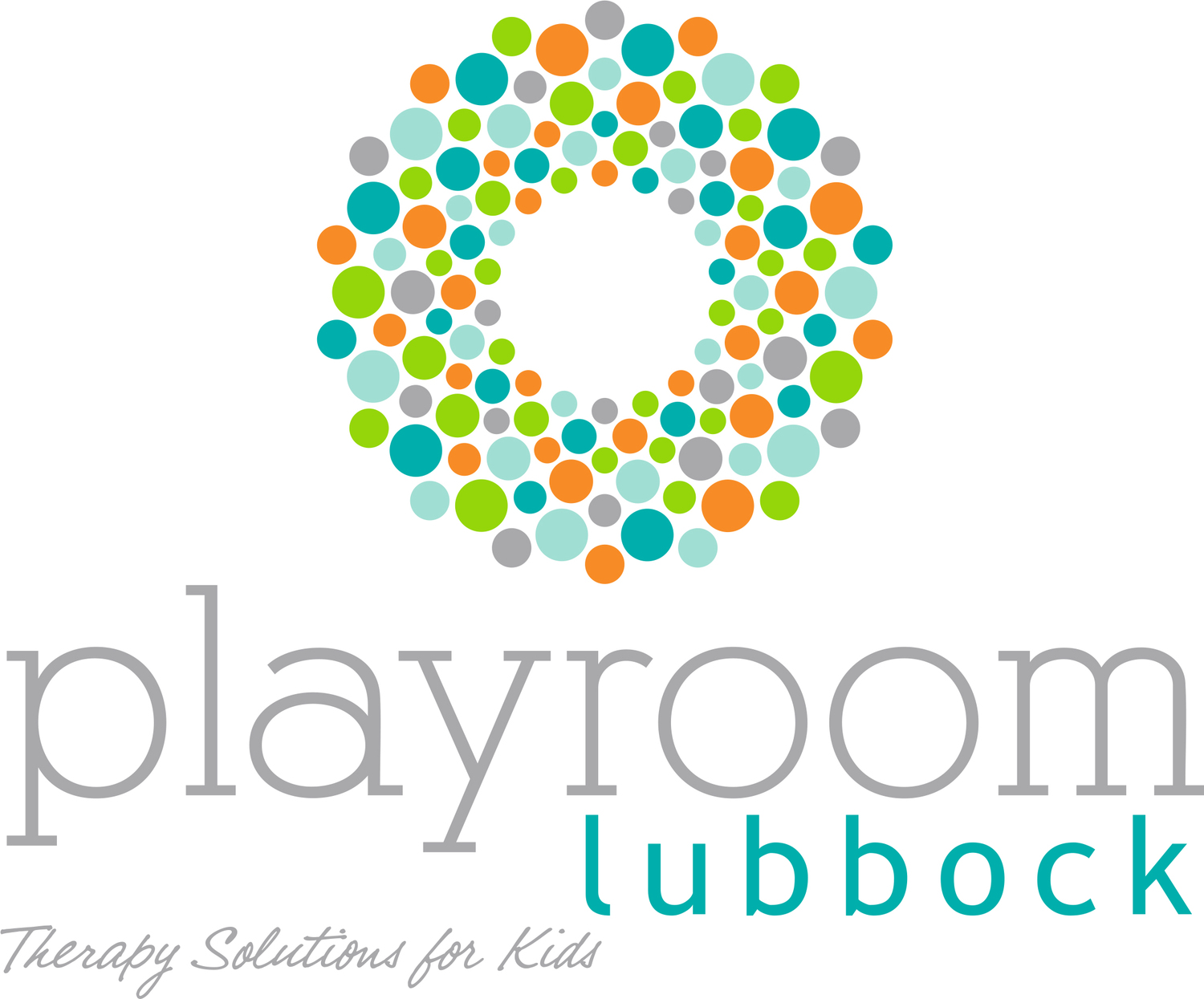It can be difficult to know when you and your child can work through obstacles and stressors together and when they might need the help of an expert. Significant life events can contribute to problems with behavior, mood, sleep, appetite, and overall functioning. Other times, what has caused a child to suddenly withdraw, worry, stress, or act out is not as clear. The brain was designed to interact so eloquently with the nervous system and the body. We can listen to behavior, somatic symptoms, and emotional responses as communication. Pay close attention to play, mood, and verbal or written statements for a glimpse into your child's internal world. Here are some indications (not a complete list) that that your child may benefit from therapy:
1. He's having difficulties at home, in school, or beyond.
2. She's suddenly isolation herself from friends or activities. Be on the look out for statements such as "Everyone hates me" or "I'm a loser."
3. They’re regressing. When there are major changes in a child's environment, structure, or schedule, kids tend to regress to a previous developmental stage. Bedwetting, clingy behavior, whining, excessive fearfulness, and tantrums may signal a problem if they develop again and persist for more than a month.
4. She's incredibly sad, worried, or withdrawn. If the worry and sadness is interfering with daily function and routine, it may be out of the scope of normal feelings.
5. His sleep habits and/or appetite has changed. Symptoms such as stomach aches, trouble falling asleep, waking up in the middle of the night, nightmares, excessive headaches, or eating too much or too little may be indication of stress or anxiety.
6. They’ve developed self-destructive behaviors or impulse control is decreasing.
7. He talks about death or thinks about it repeatedly. Children typically develop questions or fears about death around ages 4 and 7. If a discussion about their curiosity or concern does not suffice, and questions and worries persist, talking with a mental health professional may be beneficial.
8. You notice signs of alcohol, drug, or other substance use. They’re engaging in more risky behaviors.
“Your body is a powerful intuitive communicator. Intuition allows you to get the first warning signs when anything is off in your body so that you can address it. If you have a gut feeling about your body-listen to it.”
Just as your child's body and behavior are communicating a need, your parent intuition may kick in prompting you to make a call to a mental health professional. It's also helpful to speak to caregivers and teachers who interact regularly with your child. Discuss your concerns with your child's pediatrician, who can rule out any medical conditions that could be having an effect.


